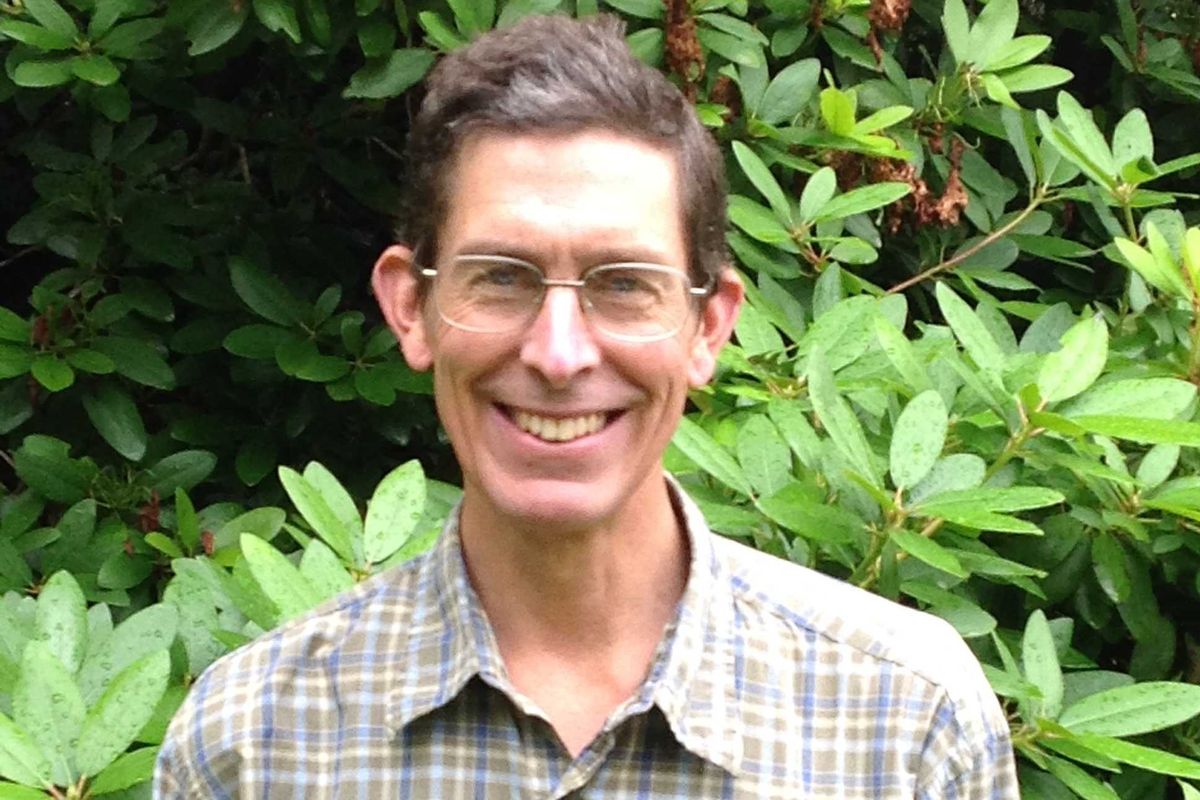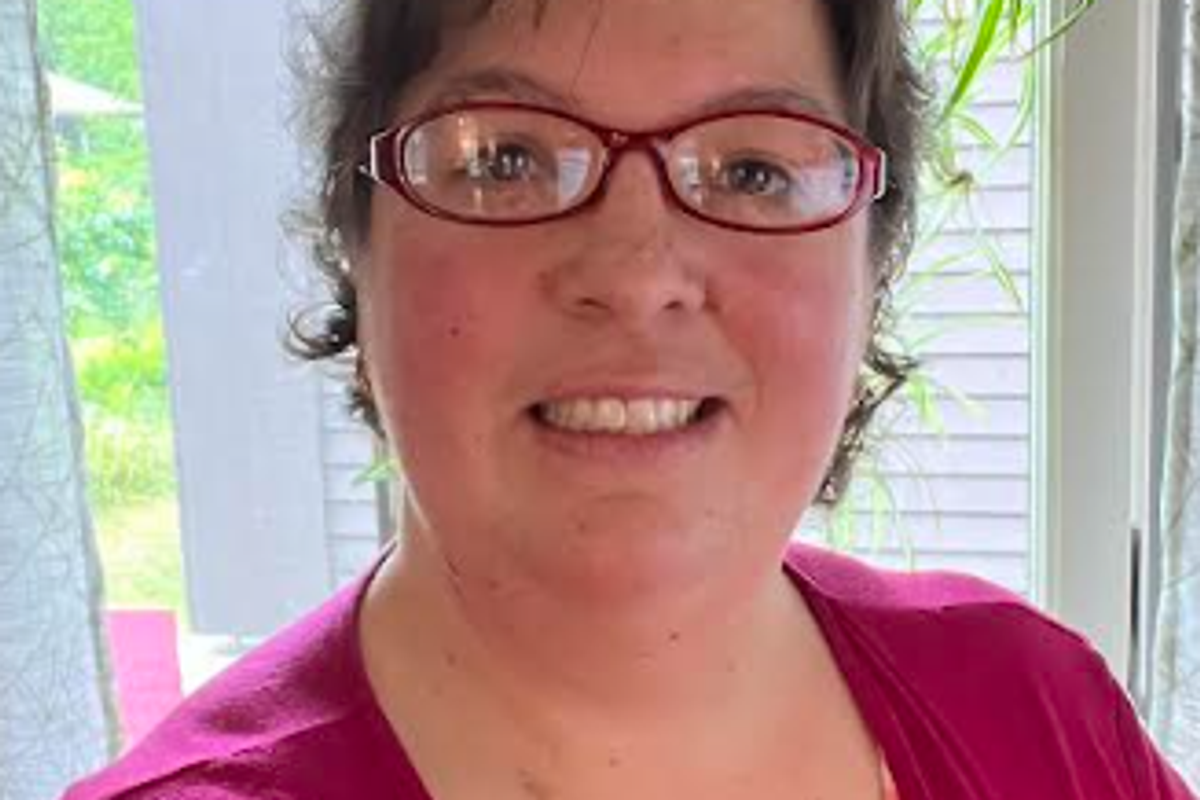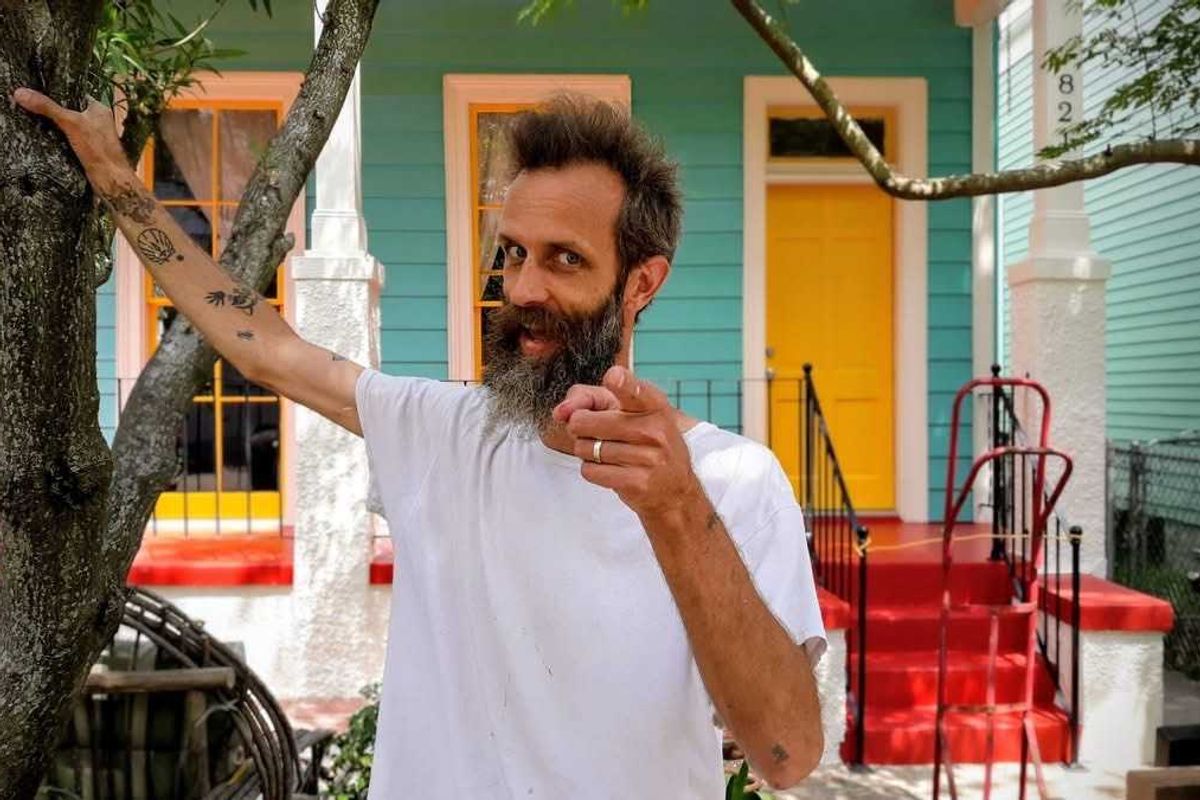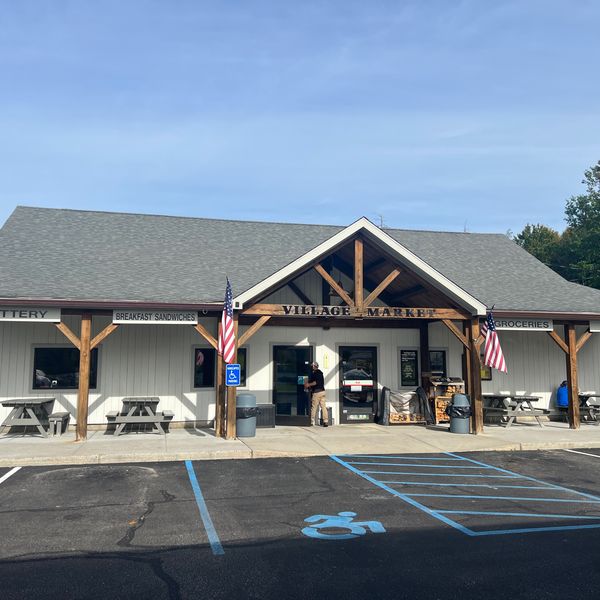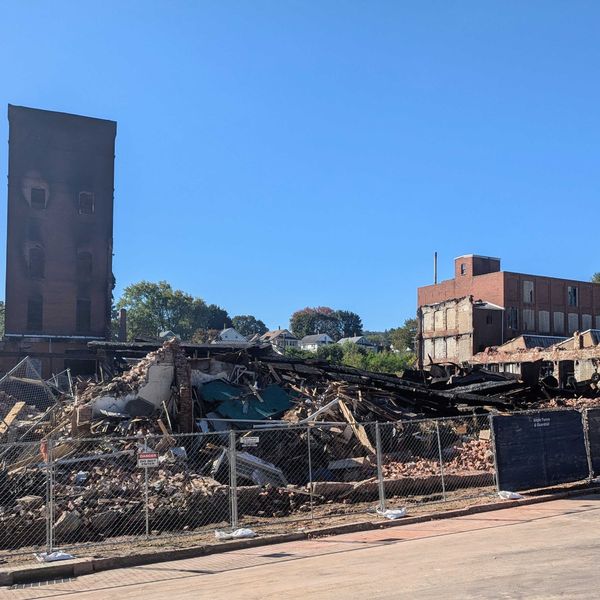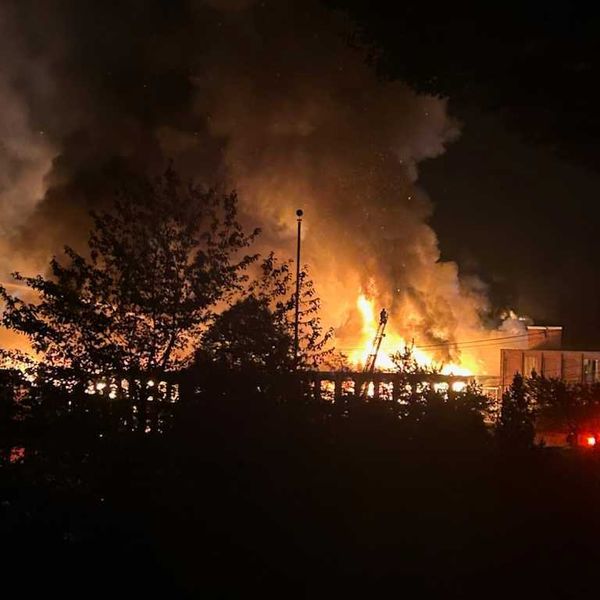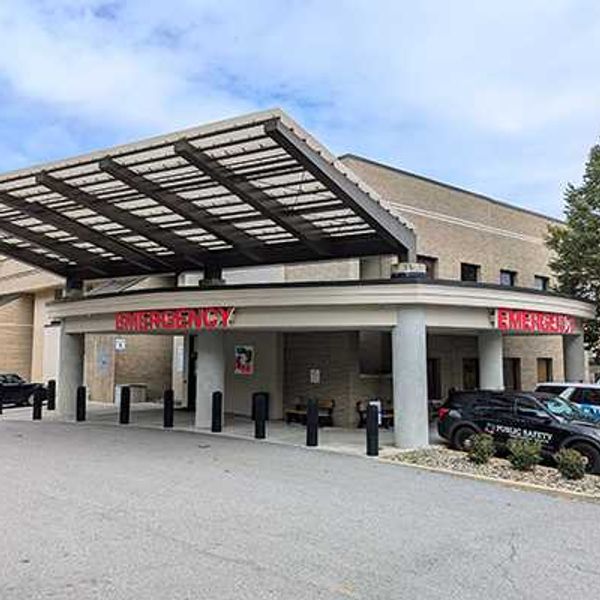Latest News
Rhys V. Bowen
Oct 08, 2025
LAKEVILLE — Rhys V. Bowen, 65, of Foxboro, Massachusetts, died unexpectedly in his sleep on Sept. 15, 2025. Rhys was born in Sharon, Connecticut, on April 9, 1960 to Anne H. Bowen and the late John G. Bowen. His brother, David, died in 1979.
Rhys grew up at The Hotchkiss School in Lakeville, where his father taught English. Attending Hotchkiss, Rhys excelled in academics and played soccer, basketball, and baseball. During these years, he also learned the challenges and joys of running, and continued to run at least 50 miles a week, until the day he died.
In 1982 after graduating summa cum laude from Harvard College, Rhys returned to Hotchkiss to teach biology, where he met his wife of 35 years, Rebecca (Becky) Snow. After two years of teaching, he worked at a research field site in Borneo, then went on to the University of California, Davis where he earned a PhD in Animal Behavior in 1995.
Rather than follow an academic tenure track, Rhys preferred the solitary focus of field ornithology, and he spent several decades researching the ecology of bird species in California and on Cape Cod and the Islands. Rhys believed passionately in supporting biodiversity through habitat preservation. His proudest achievements, therefore, came through his work for the Lakes Region Conservation Trust, in New Hampshire, where he served on committees and the Board of Trustees for twenty years, including three years as Chair.
Deeply intellectual and curious, Rhys learned Homeric Greek so he could read The Odyssey and The Iliad in their original language. An amateur Melville scholar, he would wax poetic about reading Moby-Dick for the umpteenth time.Rhys’s spirit was filled by the performing arts. Concerts by the Handel and Haydn Society and Boston Early Music Festival often brought tears to his eyes, while Boston Bluegrass Union shows delivered toe-tapping fidgetiness.
Rhys will be missed by his wife, Becky Snow, his mother, Anne Bowen, extended family, friends, and anyone who had the pleasure of knowing him.
A service will be held at The Hotchkiss School chapel on Saturday, Nov. 15, 2025 at 1 p.m..
In honor of Rhys’s memory, donations can be made to the Lakes Region Conservation Trust.
Keep ReadingShow less
Kelsey K. Horton
Oct 08, 2025
LAKEVILLE — Kelsey K. Horton, 43, a lifelong area resident, died peacefully on Saturday, Sept. 27, 2025, at Norwalk Hospital in Norwalk, Connecticut, following a courageous battle with cancer. Kelsey worked as a certified nursing assistant and administrative assistant at Noble Horizons in Salisbury, from 1999 until 2024, where she was a very respected and loved member of their nursing and administrative staff.
Born Oct. 4, 1981, in Sharon, she was the daughter of W. Craig Kellogg of Southern Pines, North Carolina, and JoAnne (Lukens) Tuncy and her husband Donald of Millerton, New York. Kelsey graduated with the class of 1999 from Webutuck High School in Amenia and from BOCES in 1999 with a certificate from the CNA program as well. She was a longtime member of the Lakeville United Methodist Church in Lakeville. On Oct. 11, 2003, in Poughkeepsie, New York, she married James Horton. Jimmy survives at home in Lakeville. Kelsey loved camping every summer at Waubeeka Family Campground in Copake, and she volunteered as a cheer coach for A.R.C. Cheerleading for many years. Kelsey also enjoyed hiking and gardening in her spare time and spending time with her loving family and many dear friends.
In addition to her husband and parents, Kelsey is survived by her two beloved children, Hunter Horton and Aryanna Horton, both of Lakeville; a step-brother, Jason Tuncy of East Hartford, Connecticut; her mother-in-law, Frances “Fran” Horton and her brother-in-law, Benjamin D. Horton III and his wife Penny of Bloomsburg, Pennsylvania, and their son, Alec, and several aunts, uncles, cousins and many dear friends. She was predeceased by her father-in-law, Benjamin D. Horton, Jr. in 2017.
There are no calling hours. A Celebration of Life will take place on Saturday, Oct. 25, 2025, from 11 a.m. to 2:00 p.m. at the Millerton American Legion Post # 178, Route 44, Millerton, NY 12546. A time to celebrate Kelsey and share stories and memories. Memorial contributions may be made to The Jane Lloyd Fund. Please make checks payable to Berkshire Taconic Community Foundation (please note in memo line, The Jane Lloyd Fund) and mail to: Berkshire Taconic Community Foundation, 800 N. Main Street, Sheffield, MA 01257.
To send an online condolence to the family, flowers to the service or to plant a tree in Kelsey’s memory, please visit www.conklinfuneralhome.com
Arrangements have been entrusted to the Scott D. Conklin Funeral Home, 37 Park Avenue, Millerton, NY 12546.
Keep ReadingShow less
Eliot Warren Brown
Oct 08, 2025
SHARON — On Sept. 27, Eliot Warren Brown was shot and killed at age 47 at his home in New Orleans, Louisiana, in a random act of violence by a young man in need of mental health services. Eliot was born and raised in Sharon, Connecticut, and attended Indian Mountain School and Concord Academy in Massachusetts. He graduated from the School of the Art Institute of Chicago. He and his wife Brooke moved to New Orleans to answer the call for help in the aftermath of Hurricane Katrina and fell in love with the city.
In addition to his wife Brooke, Eliot leaves behind his parents Malcolm and Louise Brown, his sisters Lucia (Thaddeus) and Carla (Ruairi), three nephews, and extended family and friends spread far and wide.
Normally at this point one might list some interests, but in Eliot’s case, it’s easier to list what he wasn’t interested in: watching sports.
Eliot made a living as a fine craftsman and carpenter, but at heart he was an artist. He was well versed in music, painting, literature, biking, travel, Mardi Gras costumes, poker, pranks, street performance and on and on and on.Having previously hiked the entire Camino de Santiago in Spain and Portugal, he recently achieved another dream of summiting the highest stratovolcano in North America.
Eliot’s creative ability was astounding. His creations were designed to bring joy to others. He didn’t seek recognition or praise, and a large part of his work was anonymous. Pieces of art would appear in the community, encouraging people to think, connect and enjoy.
From the precociously funny and determinedly defiant boy that grew up in the Northwest corner of Connecticut, Eliot grew into a brilliant, gentle souled, boundlessly creative, ever mischievous, perpetually scraggly, and astoundingly wise and caring man who made an indelible impact on those who were lucky to have him in their lives.
In honor of Eliot, please consider making donations to organizations that work to end gun violence, support the arts, or provide mental health services. A service will be held at the Congregational Church in Salisbury on Sunday Oct. 26 at 2 p.m.
Keep ReadingShow less
Randall Osolin
Oct 08, 2025
SHARON — Randall “Randy” Osolin passed away on Sept. 25, 2025, at the age of 74. He was born on Feb. 6, 1951, in Sharon, Connecticut to the late Ramon (Sonny) and Barbara (Sandmeyer) Osolin.
He was a dedicated social worker, a natural athlete, a gentle friend of animals, an abiding parish verger, an inveterate reader, and an estimable friend and neighbor. He was a kind-hearted person whose greatest joy was in helping someone in need and sharing his time with his family and good friends.
He was the beloved husband of Karen LaChance Osolin; the loving brother of Bruce Osolin and the late Gail Osolin Leo; the devoted uncle of Kyle and Andrew Osolin and Taylor LaChance; the brother-in-law of Debra LaChance; and the cousin of Brenda Curran, Jay Pickering and Audra Salazar.
To honor Randy’s memory, do a good deed for another or send a donation to the Little Guild, 258 Sharon-Goshen Road, West Cornwall, CT 06796. The Kenny Funeral Home has care of arrangements.
Keep ReadingShow less
loading
